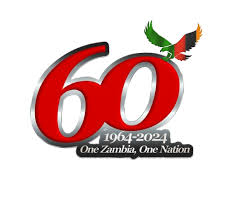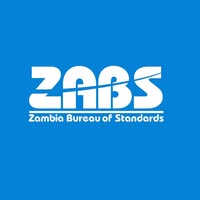The Zambia Bureau of Standards (ZABS), Zambia Compulsory Standards Agency (ZCSA), and Zambia Metrology Agency (ZMA) have pledged to work closely with Malawi Bureau of Standards (MBS) to facilitate trade and harmonies regulatory interventions between the two countries.
ZANIS reports that according to a joint statement issued by ZABS, ZCSA and ZMA the three Zambia National Quality Infrastructure (NQI) institutions and MBS, working with the two Ministries of Commerce, Trade and Industry from Malawi and Zambia, are expected to finalise the Memorandum of Understanding (MoU) during the first quarter of 2025.
This follows consultative meetings held in Lusaka from December 16 -20, 2024, between representatives of the three Zambia NQI institutions, two Ministries, and MBS.
Delegates from Zambia and Malawi have since drafted a Mutual Recognition Agreement (MRA) as part of the implementation of the MoU between MBS and Zambia’s NQI institutions.
“Further, delegates have prepared a gap analysis report for the respective clusters including standardisation, metrology, inspection, certification and testing as well as a schedule of standards for harmonisation based on commonly traded goods between Zambia and Malawi.”
The joint statement further revealed that the delegates also agreed to establish a Zambia Malawi Joint Implementation Committee.
MBS Director General Bernard Thole said their institution is committed to ensuring that the MOU is finalised within the first three months of 2025.
Prof. Thole however called for continuous collaborative engagements between Zambia’s NQIs and MBS to foster trade between two the countries.
He said MBS will put in concerted efforts to address identified gaps to enhance trade between the two countries.
“We will finalise MoU next year so that we complete that process of working together within the shortest time possible. By March 2025, we should have finalised the MOU and, similarly, the MRA,” he said.
Speaking on behalf of Zambia NQIs, ZMA Executive Director Humphrey Nkobeni said NQIs play an important role in strengthening trade, economic cooperation, mutual trust and eliminating technical barriers to trade.
Mr Nkonbeni said there is need to ensure that the commodities that are produced and traded between Zambia and Malawi meet local, regional, and international standards and regulatory requirements.
“We, as Zambian NQIs, are committing ourselves to the MoU and MRA development and implementation, once approved. We will ensure products traded between Zambia and Malawi meet required standards and regulatory requirements. This is very critical as it enhances the efficiency of cross-border trade by reducing unnecessary delays and costs associated with non-compliance and rejection of products. We all need to be proactive and ensure that such trade barriers are removed,” he said.
He said a robust NQI ensures that the products, services and systems shared between two countries meet international, regional, and local standards.
Mr Nkobeni added, “The quality and safety of products in two countries will be enhanced, thereby making our consumers protected and enhance confidence in traded goods,”
Southern Africa Trade and Connectivity Project (SATCP) Financial Management Specialist Barnett Alfred Phiri disclosed that a concept note has been developed for Zambia NQIs and MBS.
Mr Phiri encouraged the Ministry of Commerce, Trade and Industry in Malawi to formally write to Zambia to expedite the process.
He said operationalising the MRA will ensure the harmonization of standards, quality assurance, accreditation, and metrology systems between the two countries, thereby benefiting businesses and consumers alike.





